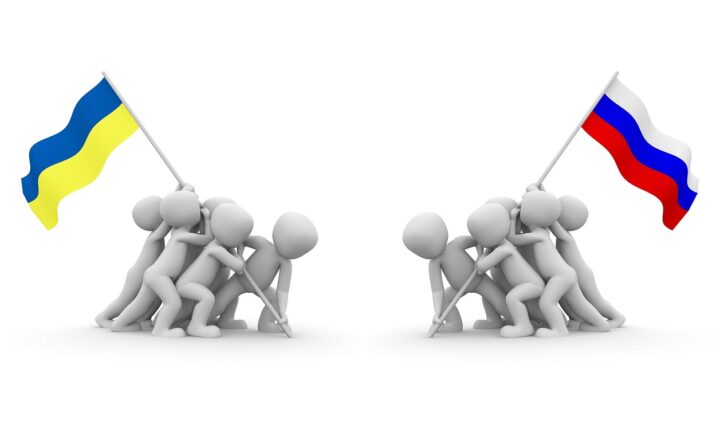
Napoleon Bonaparte, one of history’s most celebrated military leaders and rulers, is often remembered for his brilliant strategies and ambitious conquests. However, a lesser-known quirk about the Emperor was his peculiar habit of carrying sugar in his pockets. This habitual action not only served practical purposes but also reflected insights into his character, health strategies, and even the culture of his time. In this article, we will explore the historical context, the significance of sugar in Napoleon’s life, and the lessons we can learn from this fascinating tidbit of history.
1. The Historical Significance of Sugar
To fully understand why Napoleon carried sugar, one must first consider the historical significance of sugar itself. In the 18th and early 19th centuries, sugar was a luxurious commodity, symbolizing wealth and refinement. Factors contributing to its high status included:
- Economic Value: Sugar was highly sought after in Europe, leading to the establishment of sugar plantations in the Caribbean and South America. Its profit margins were enormous, making it a significant economic driver of the time.
- Cultural Influence: The rise of the middle class in Europe and the increased consumption of sugar reflected changing social norms. It became associated with celebrations and special occasions, enriching European culture significantly.
- Health Perceptions: During Napoleon’s time, sugar was often seen as a health tonic, providing a quick source of energy, which was crucial for soldiers during long campaigns.
Understanding this context provides valuable insight into Napoleon’s motivations behind his preference for carrying sugar.
2. The Battle of Austerlitz: A Case in Point
A striking example of Napoleon’s reliance on sugar can be found during the Battle of Austerlitz in 1805, considered one of his greatest victories. Reports indicate that while leading his troops into battle, Napoleon frequently consumed sugar to maintain his stamina and focus. The benefits of sugar became clear during extended military engagements:
- Quick Energy Boost: The sugar provided Napoleon with rapid energy, essential for keeping up with his physically demanding role on the battlefield.
- Enhanced Concentration: Keeping a clear mind during intense operations was critical. Napoleon was known for his strategic thinking, and the sugar would help him sustain mental clarity throughout long battles.
Thus, carrying sugar was more than a habit; it was a practical choice for maintaining his edge in warfare.
3. A Health Strategy: Managing Gastric Ulcers
Interestingly, Napoleon also suffered from health issues, including gastric ulcers, which plagued him throughout his life. His affinity for sugar can be seen as a method of managing these conditions. How might sugar have played a role in this regard?
- Sugar as a Soothing Agent: Certain sugar types can provide a soothing effect on the stomach, helping to alleviate discomfort caused by ulcers.
- Snack for Energy During Illness: During times of illness, having a quick energy source readily available can help maintain morale and strength – traits very much in line with Napoleon’s character.
By carrying sugar, Napoleon was arguably ensuring that he could manage both his physical condition and his duties as a military leader effectively.
4. The Symbol of Power and Control
Napoleon’s choice to carry sugar can also symbolize his control over personal health and fate. In an era when many in power succumbed to various ailments, his prepared approach demonstrates his influence and autonomy:
- Personal Responsibility: By managing his own energy levels with sugar, Napoleon showcased his approach of taking charge of his health and actions, standing as a leader who did not leave anything to chance.
- Psychological Edge: The habit could also bolster psychological confidence. Knowing that he was supplied with a source of quick energy might have fostered a sense of empowerment amidst the chaos of war, enhancing his determination to lead.
The presence of sugar wasn’t just a practical move; it served as a psychological prop that aided his leadership.
5. Legacy and Lessons: What We Can Learn
Napoleon’s habit of carrying sugar offers lessons that extend beyond the historical context:
- Preparation is Key: Just as Napoleon prepared for both combat and personal health with sugar, preparation enhances our performance in various aspects of life. Having the tools and resources we need at our disposal can tilt situations in our favor.
- Self-Care Matters: Napoleon’s use of sugar as a health strategy emphasizes the importance of addressing our physical and mental well-being. Small gestures, like having healthy snacks, can yield considerable benefits in maintaining energy and focus during challenging times.
In understanding the habits and actions of influential figures like Napoleon, we gain insights that resonate with our contemporary lives.
Conclusion
Napoleon Bonaparte’s practice of carrying sugar in his pocket was far more than an eccentricity; it was a blend of practicality, health strategy, and psychological advantage, encapsulating the essence of a leader who knew the significance of preparation. By exploring this fascinating quirk of history, we gain a deeper appreciation for the intricate lives of historic figures while reflecting on the timeless lessons of self-care, responsibility, and empowerment. As we navigate the challenges of modern life, let us remember that simple habits can shape our success and determination, much like they did for Napoleon.








